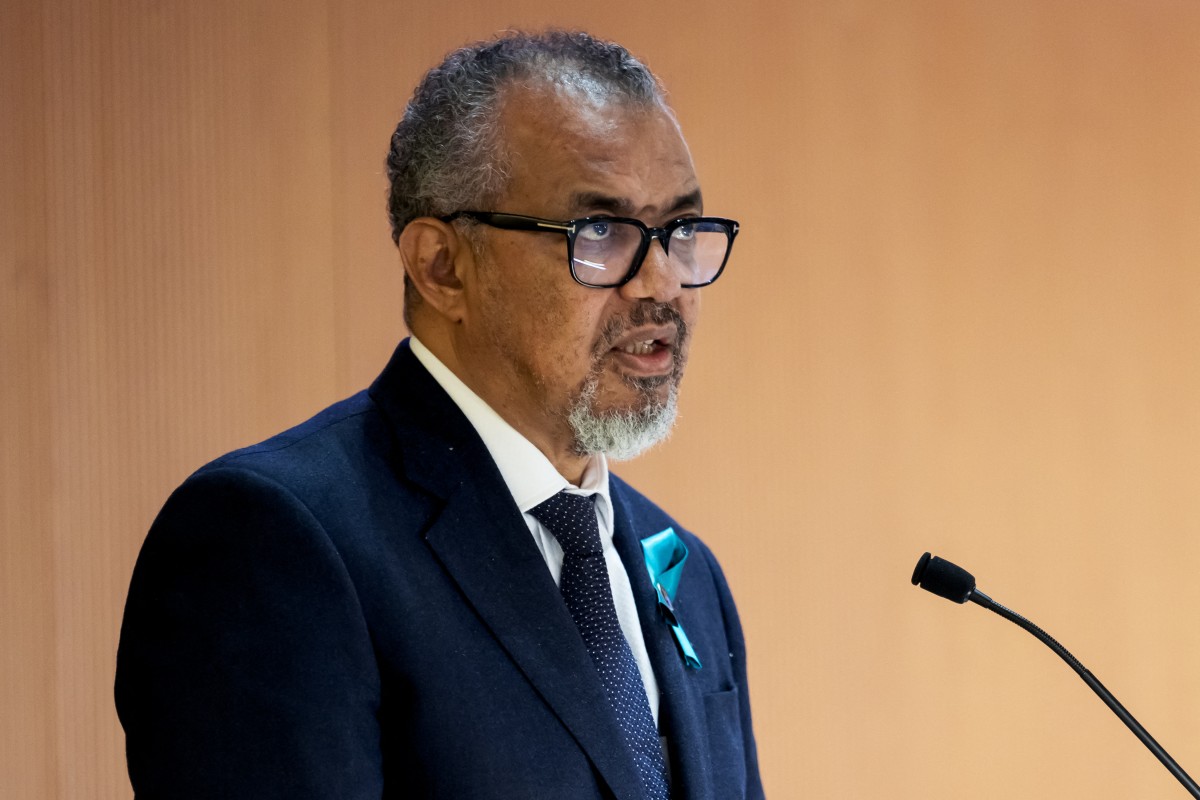Geneva, Switzerland – The World Health Organization’s member states on Tuesday adopted a landmark Pandemic Agreement on tackling future health crises, after more than three years of negotiations sparked by the shock of Covid-19.
“With this agreement we’re better prepared for a pandemic than any generation in history,” WHO chief Tedros Adhanom Ghebreyesus said at the decision-making annual assembly in Geneva.
The text of the agreement was finalised by consensus last month following several rounds of tense negotiations.
The United States pulled out of those talks after US President Donald Trump’s decision to start withdrawing his country from the WHO.
“The world is safer today thanks to the leadership, collaboration and commitment of our member states to adopt the historic WHO Pandemic Agreement,” Tedros said in a statement.
“The agreement is a victory for public health, science and multilateral action. It will ensure we, collectively, can better protect the world from future pandemic threats,” he added.
“Citizens, societies and economies must not be left vulnerable to again suffer losses like those endured during Covid-19.”
Path to ratification
Covid-19 killed millions of people, shredded economies and crippled health systems.
The agreement aims to better detect and combat pandemics by focusing on greater international coordination and surveillance, and more equitable access to vaccines and treatments.
The negotiations process grew tense amid disagreements between wealthy and developing countries, with the latter feeling cut off from access to vaccines during the pandemic.
Angolan President Joao Lourenco, speaking for the African Union, told the assembly on Tuesday: “Countries in Africa are rarely the starting point of these crises but always are on the front line and the victims of these crises that cross borders.”
The agreement also faced opposition from those who thought it would encroach on state sovereignty.
Countries still have to thrash out the details of the agreement’s Pathogen Access and Benefit-Sharing (PABS) mechanism.
The PABS mechanism deals with sharing access to pathogens with pandemic potential, and then sharing the benefits derived from them: vaccines, tests and treatments.
Once the PABS system is finalised, the agreement can then be ratified by members, with sixty ratifications required for the treaty to enter into force.
In a video message, Indian Prime Minister Narendra Modi called the agreement “a shared commitment to fight future pandemics with greater cooperation while building a healthy planet”.
EU health commissioner Oliver Varhelyi called the agreement a “decisive step towards a more effective and cooperative global approach” to preventing and managing pandemics.
Kennedy brands WHO ‘moribund’
But US Health Secretary Robert F. Kennedy Jr. branded the WHO bloated and moribund, and urged other countries to consider following suit.
He said the UN health agency was under undue influence from China, gender ideology and the pharmaceutical industry.
“I urge the world’s health ministers and the WHO to take our withdrawal from the organisation as a wake-up call,” Kennedy said in a video statement.
“We’ve already been in contact with like-minded countries and we encourage others to consider joining us.”
French President Emmanuel Macron called the agreement “a victory for the future” and for citizens who will now be “better protected against pandemics”.
Via video message, he said that while some believed they could do without science, not only would they “harm the health of all us”, but they would be the most in danger from pathogens as they would “not see their return”.
While all eyes were on preparing for the next pandemic, Tedros said it was crucial to find out how the last one began.
“The pandemic has ended, but we still don’t know how it started,” he said.
“Understanding how it did remains important, both as a scientific imperative and as a moral imperative” for the sake of the millions killed.








